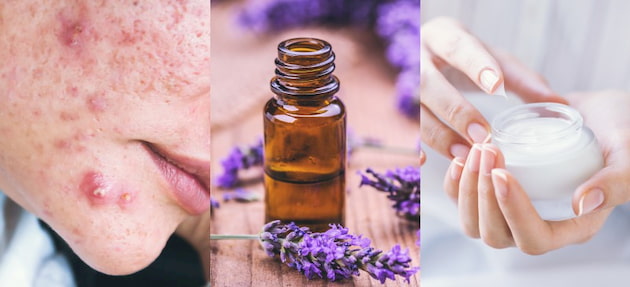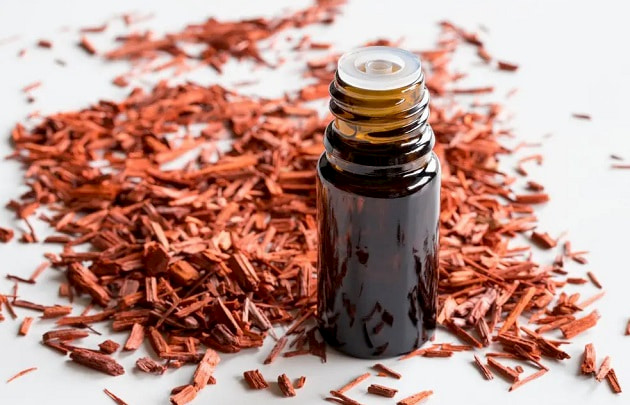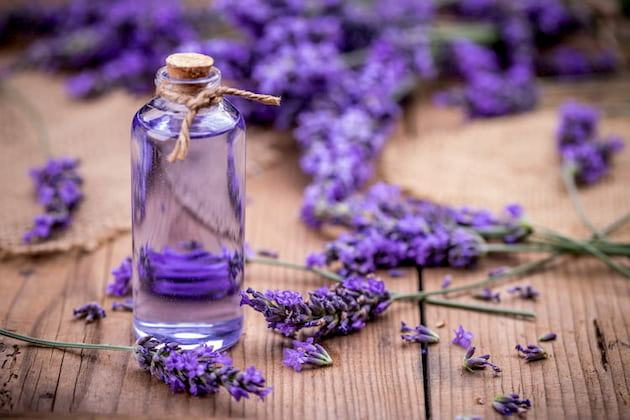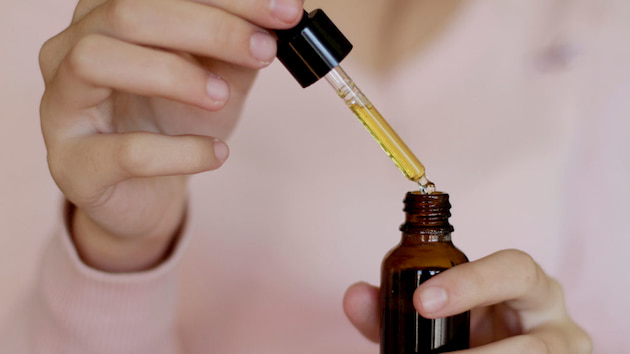Healthy Over Ideal: Essential Oils to Treat Acne Naturally
Navigating the world of skincare isn’t easy. Things get even more confusing when you learn that the products that claim to be nice to your skin contain ingredients that are not, in fact, as gentle as they appear, but are incredibly irritating. Whether it’s due to sensitive skin, allergies or other skin problems, more and more people are changing traditional acne treatments like medicated ointments, drying lotions and masks for more natural alternatives like essential oils. Certain essential oils serve as a natural treatment for acne that is totally free of harsh chemicals.

Source: draxe.com
Wondering which essential oil is best for acne? Acne is a type of breakout characterized by excessive oil, overgrowth of bacteria and buildup of dead skin cells. This leads to redness, inflammation and can progress to papules or pustules. For this reason, when looking for essential oils to treat acne, you need to consider oils that can kill bacteria, have an exfoliant effect and calm inflammation.
Also, when choosing an essential oil to fight a blemish, you need to assess what kind of acne you are trying to treat. A scabbed or a picked pimple could benefit from an essential oil with calming properties while a stubborn cyst that needs to be brought to a head might benefit most from something stimulating. Here are five essential oils that are a truly effective natural treatment for acne.
Tea Tree Oil
This essential oil is very light and has amazing anti-bacterial and anti-viral properties. It acts the same way a spot treatment does – it eliminates germs and bacteria. And because it is anti-inflammatory, it rapidly reduces the size of the pimple and dries out pus. It is also effective at sanitizing pimples you’ve already extracted.
Sandalwood
If you find that tea tree oil isn’t for you, sandalwood might be just what you need. It has anti-inflammatory, anti-microbial and antioxidant properties while being extremely safe on the skin. It helps get rid of acne-causing bacteria which prevents pimples from ever progressing to acne papules or pustules.

Source: naturalfoodseries.com
Lemongrass
Lemongrass essential oil has antimicrobial properties and is stimulating to the skin, which means it can help destroy zits. It can be used as a toner and can target blocked pores or pimples, but it is especially good for reducing and preventing the appearance of acne while revitalizing the skin.
Frankincense
This essential oil offers a range of features starting from anti-inflammatory, astringent and strengthening, to tissue remodelling. All this makes it a great option for healing skin faster after an outbreak, especially if you’re treating popped or scabbed blemishes.
Lavender
This essential oil is well known for helping heal wounds and ease inflammation. Its calming effects make it the perfect treatment for popped cysts, pimple and even ingrown hair.

Source: uninam.org
How to Use Essential Oils for Acne?
Even though essential oils are all-natural, they can cause an allergic reaction. For this reason, you should never apply essential oils directly onto your face undiluted. Mixing them with a carrier oil like rosehip or jojoba oils can reduce your risk of a potential allergic reaction. Make sure that you choose a pure essential oil, rather than an artificial fragrance. While essential oils possess healing properties, fragrances don’t have any therapeutic effects. In fact, oils that have fragrance on them can be drying, which will further irritate your skin.
What Else Can You Do to Treat Acne?
Drink plenty of water, clean your makeup before bedtime, exercise and consider taking vitamin B to help boost your skin’s health. Also, make sure you wear sunscreen. Many think that because they have acne they shouldn’t wear sunscreen, but this is very far from the truth.
When exposed to the sun, acne flares up even more – the heat is damaging and can irritate your skin. Furthermore, sun exposure darkens pigmentation. Those acne scars you’ve been trying to get rid of will get worse if you let them soak up the sun unprotected. Sun encourages melanin production and scars and pigmentation are just a buildup of extra melanin.

Source: medicalnewstoday.com
How to Find the Right Sunscreen for Acne-Prone Skin?
For acne-prone skin, a sunscreen with a lightweight and non-greasy formulation is key to prevent pore-clogging. You should look for organic sun cream formulations instead of chemical sunscreens. Organic sun creams contain active ingredients that are soothing and calming like Zinc oxide. This ingredient has anti-inflammatory properties and is known to help reduce redness and treat acne.
Like other chemical products, chemical sunscreens are absorbed into the body. This can result in allergies, hormone disruption and cell damage, Many dermatologists agree that organic sunscreens are less irritating for sensitive or problematic skin, and are less likely to aggravate acne. In preserving the health of your skin with a sunscreen, you will prevent it from responding in a way that is ultimately even more detrimental to your condition. Look for a broad-spectrum sunscreen with an SPF of at least 30. Use it regularly and your skin will thank you in more ways than one.



